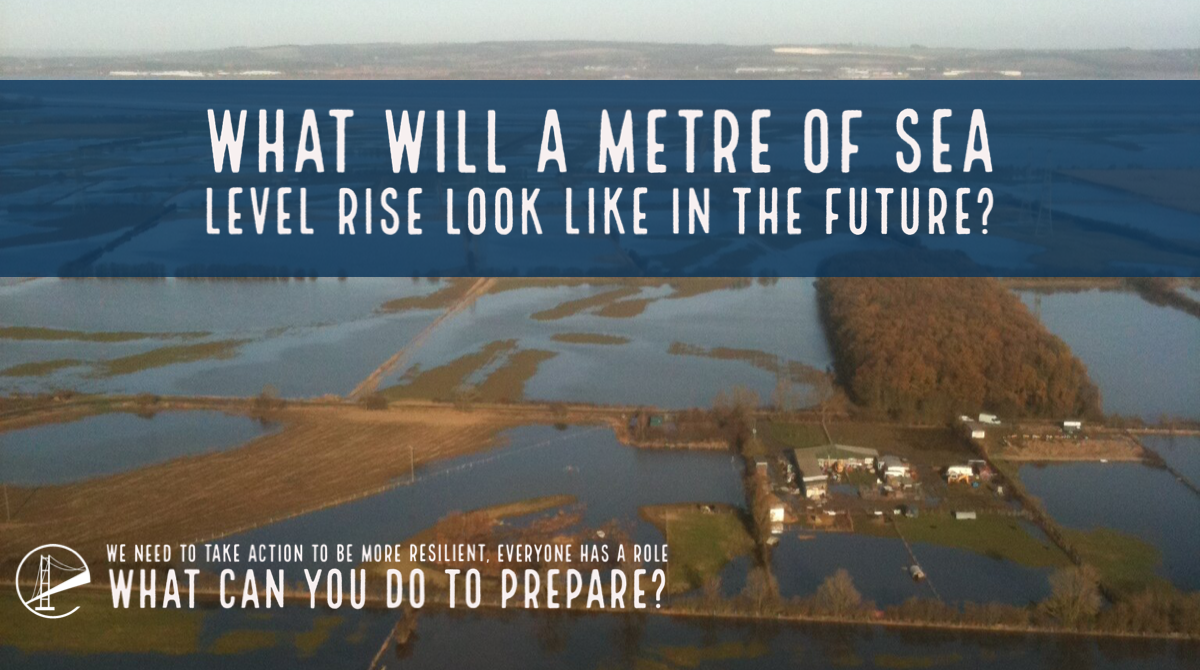Climate change is the biggest threat we face. Sea level rise and extreme weather will have very real and direct impacts on lives and livelihoods.
This year, we have already experienced record-breaking temperatures and drought, and as winter sets in there is the added risk of heavy rainfall and storm surges.
As sea levels continue to rise and storms become more frequent, tidal flood events will happen more often. Within a few decades, tidal flooding that used to happen once a century could be something we experience every year.
Hull City Council is one of 12 local authorities from around the Humber working with the Environment Agency as part of the Humber 2100+ partnership.
With support from other organisations, the partnership’s mission is to safeguard the future of the Humber in the face of sea level rise and climate change, setting the direction for the next 100 years.
This winter, the Humber 2100+ partnership is raising awareness of tidal flood risk, to help communities understand the impacts now and in the future, and how they can live with risk by being prepared.
Much of the land around the Humber is already at risk of tidal flooding, and the problem isn’t just coastal, with tidal risk extending surprisingly far inland up and around tidal rivers.
More than £200million has been invested in recent years to improve flood protection around the Humber, and this great work will continue to help protect communities from flooding.
However, the future is uncertain, and the way tidal flood risk is managed in the future will need to change.
A range of innovative solutions are being explored, alongside ensuring that communities can learn to live and thrive with flood risk.
Meeting this challenge won’t be easy, but everyone has an important role.
All sources of flooding can be extremely dangerous, though there are a number of things that we as an individuals, communities or businesses can do to help lessen the impacts.
Know your flood risk – Find out if your home or business is at risk of flooding by visiting the Environment Agency website.
Sign up for flood warnings – Visit www.gov.uk/sign-up-for-flood-warnings (or call Floodline on 03459 881188) to get advance notice of when river or sea flooding is expected.
Plan to protect your home or business – Prepare a personal/business and community flood plan and Prepare a flood kit.
Get help with home insurance – Flood RE is a joint initiative between Government and insurers aiming to make the flood cover part of household insurance policies more affordable.
Reduce the impacts of flooding on your home – such as installing flood doors, for more information, visit The Blue Pages.
Be aware – Keep up to date with weather reports, alerts and warnings issued by the Met Office and check local news.
Help others – When flooding is expected, be sure to check on others, such as friends, family, and neighbours.
